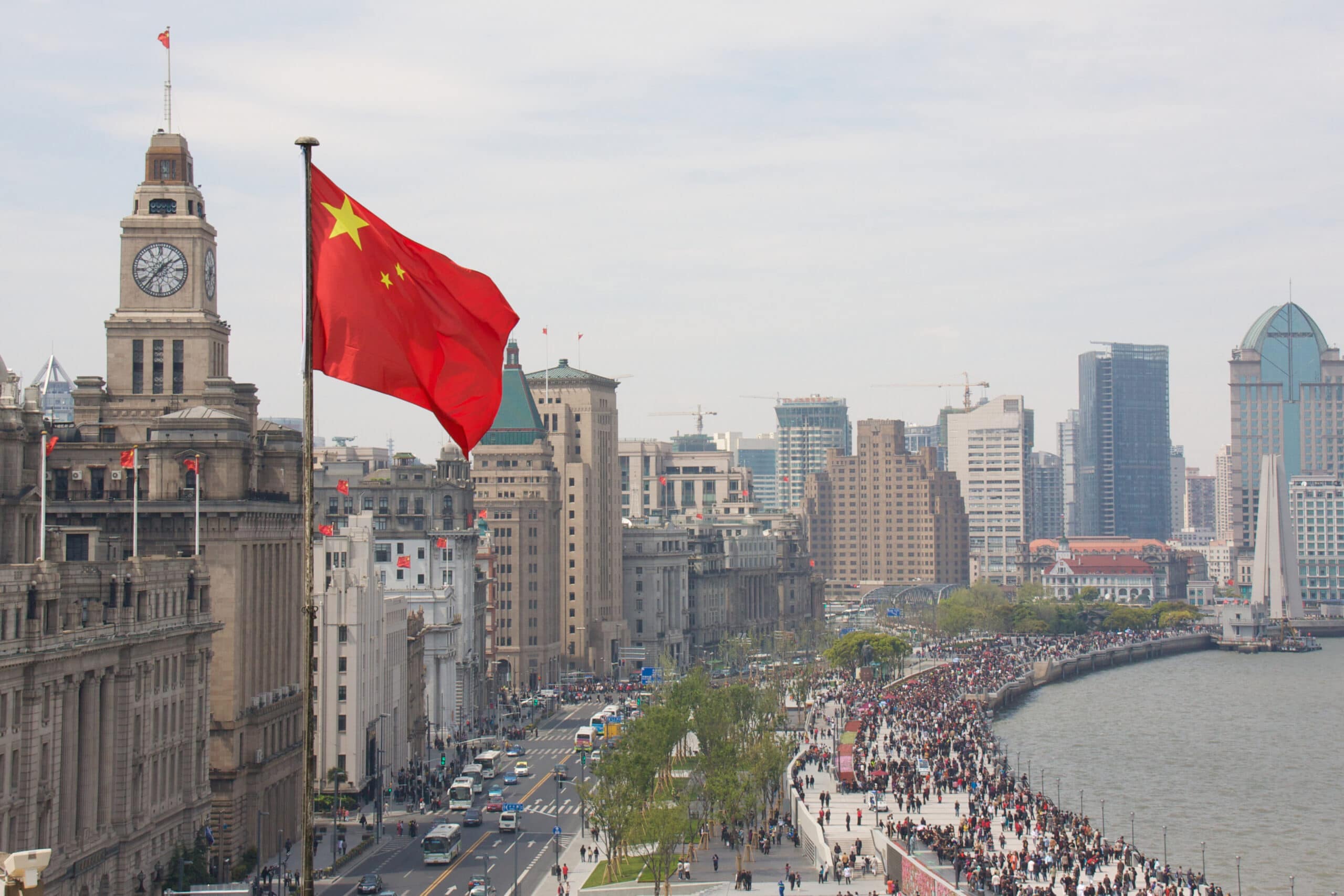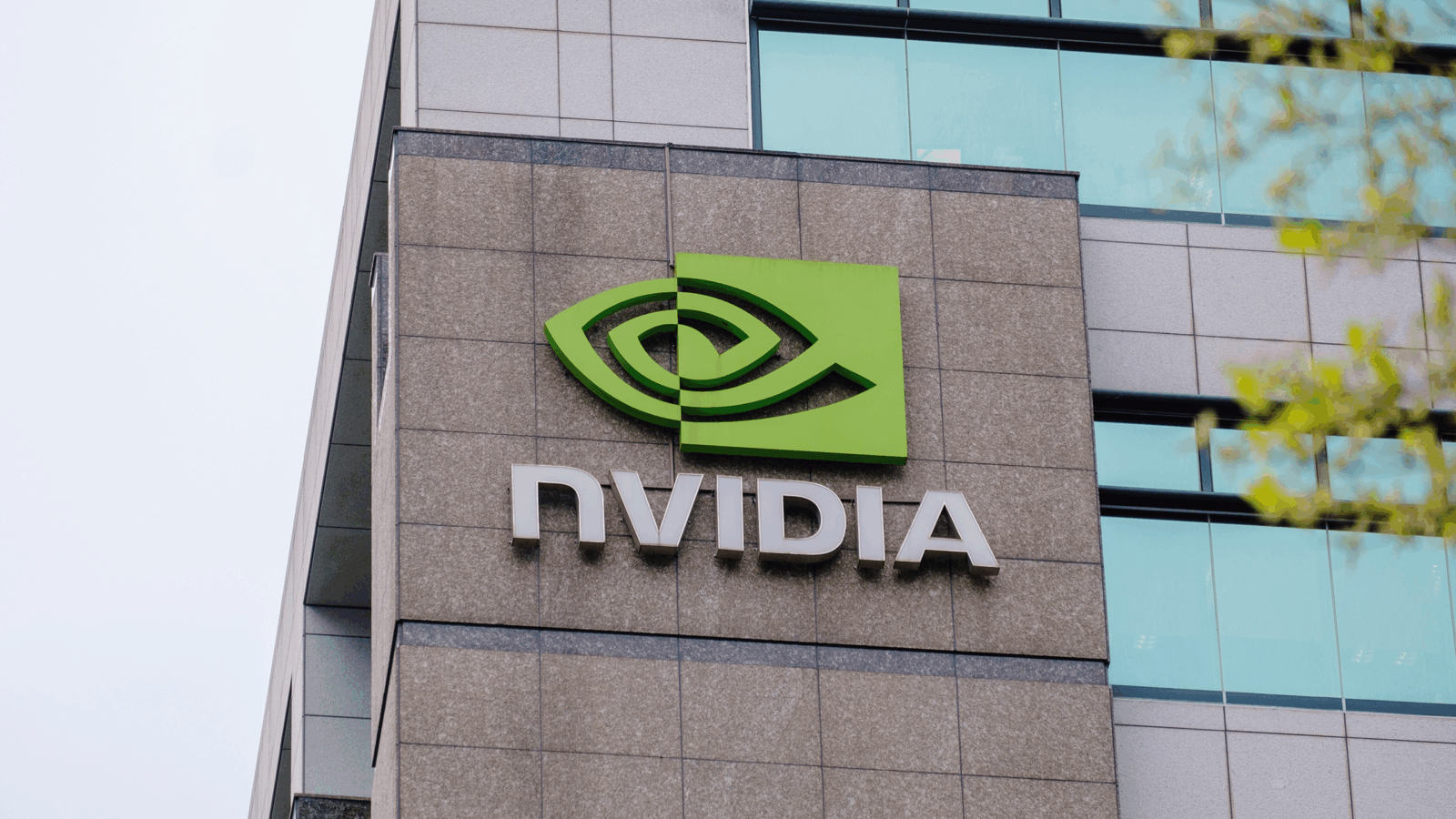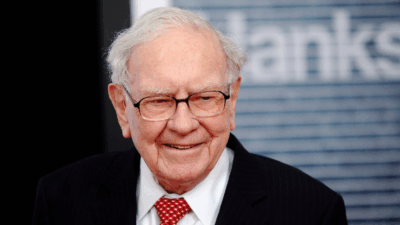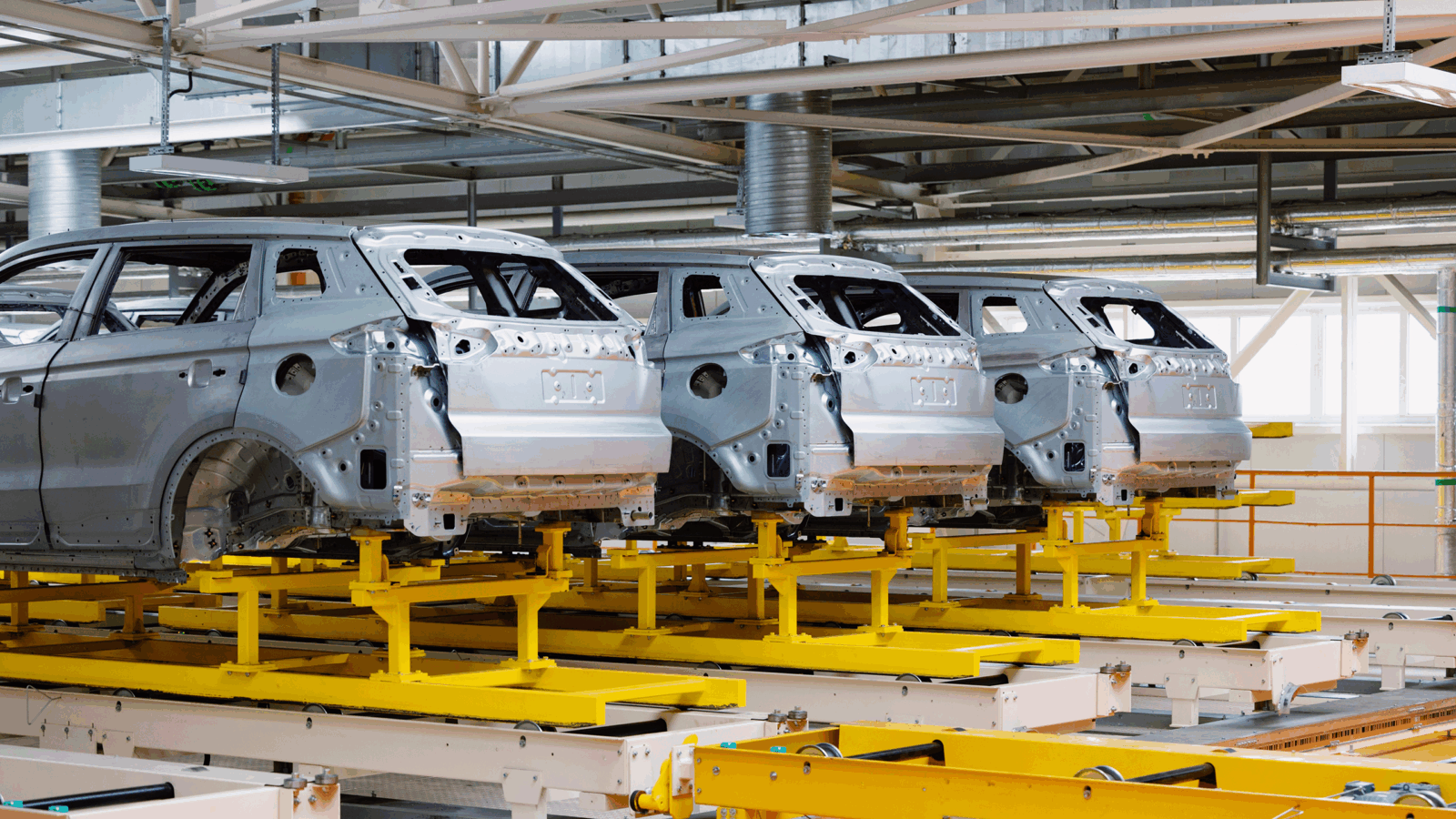
Sign up for smart news, insights, and analysis on the biggest financial stories of the day.
What happens when you hand an increasingly authoritarian political figure — one who plays missile target practice with fake US aircraft carriers and is poised to make himself leader for life — a property bubble?
In Xi Jinping’s case, he pops it. A crackdown on real estate by China’s assertive president triggered the biggest selloff in the history of the country’s international junk-bond market and, in a mere six months, bondholders have lost a third of their investments’ wealth.
Domino Theory
Since early summer, real estate giant China Evergrande Group has been teetering on the brink of default like a circus clown on a highwire and four other developers have defaulted since September. That’s because Chinese regulators have cracked down on borrowing and credit markets. The crackdown threw a wrench in home sales growth. That squeezed property developers, and those developers are responsible for almost all of China’s high-yield issuance. The last to fall in this game of economic dominoes are bondholders:
- The bonds in China’s international junk-bond index are currently valued by markets at $39 billion less than their face value of $112 billion, according to a Bank of America index.
- Six months ago, the market and face values of bonds were on par. Investors have been dumping them nonstop since, with no end to the pain in sight.
Xi Started It! His crackdown on real estate may be swift and painful, but it isn’t without merit. China’s real estate activity accounts for 24% of the country’s GDP — compared to 15% in the US — and risky speculative behavior has driven up prices, built unoccupied apartments, and created massive, massively indebted companies like Evergrande.
Growth Chart: The government’s move could cut the country’s annual growth in half to about 3% or less each year until 2031, according to the Institute of International Finance. That’s dangerous because, according to China’s former vice-minister of finance Zhu Guangyao, the country needs to keep 5% growth until 2025 to avoid the so-called “middle-income trap,” which happens when a developing economy’s growth stalls before its citizens’ income catch up to that of the developed world.











